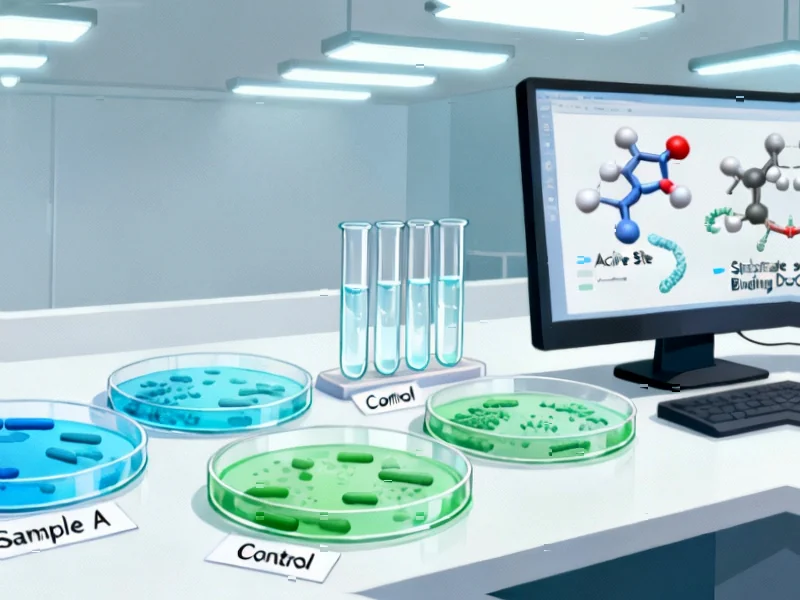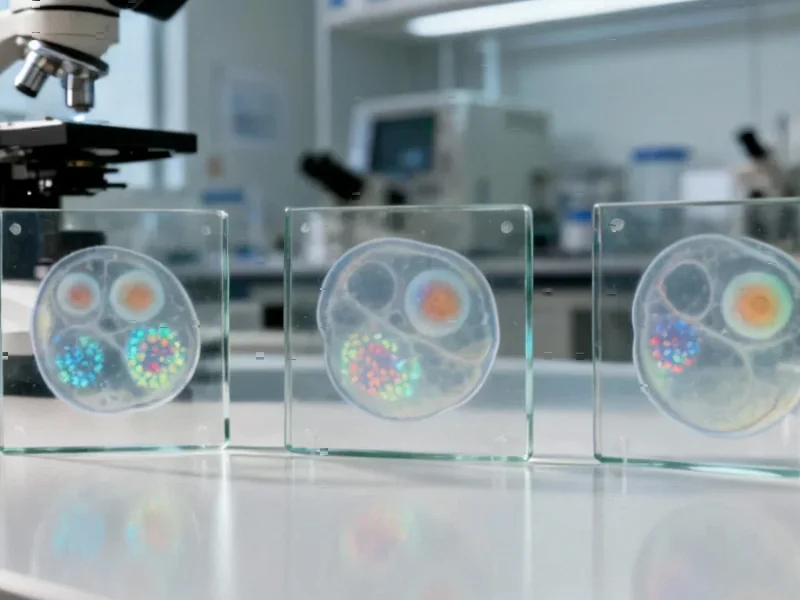Why Life Might Need Its Own Law of Thermodynamics
Researchers at Dresden University of Technology are challenging classical thermodynamics with experiments on human cells. They found that living systems exhibit unique properties that current physics laws can’t fully explain. This could lead to a fourth law of thermodynamics specifically for biologi








